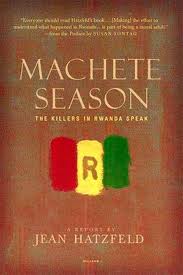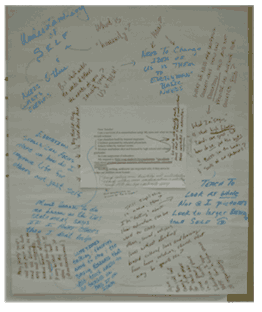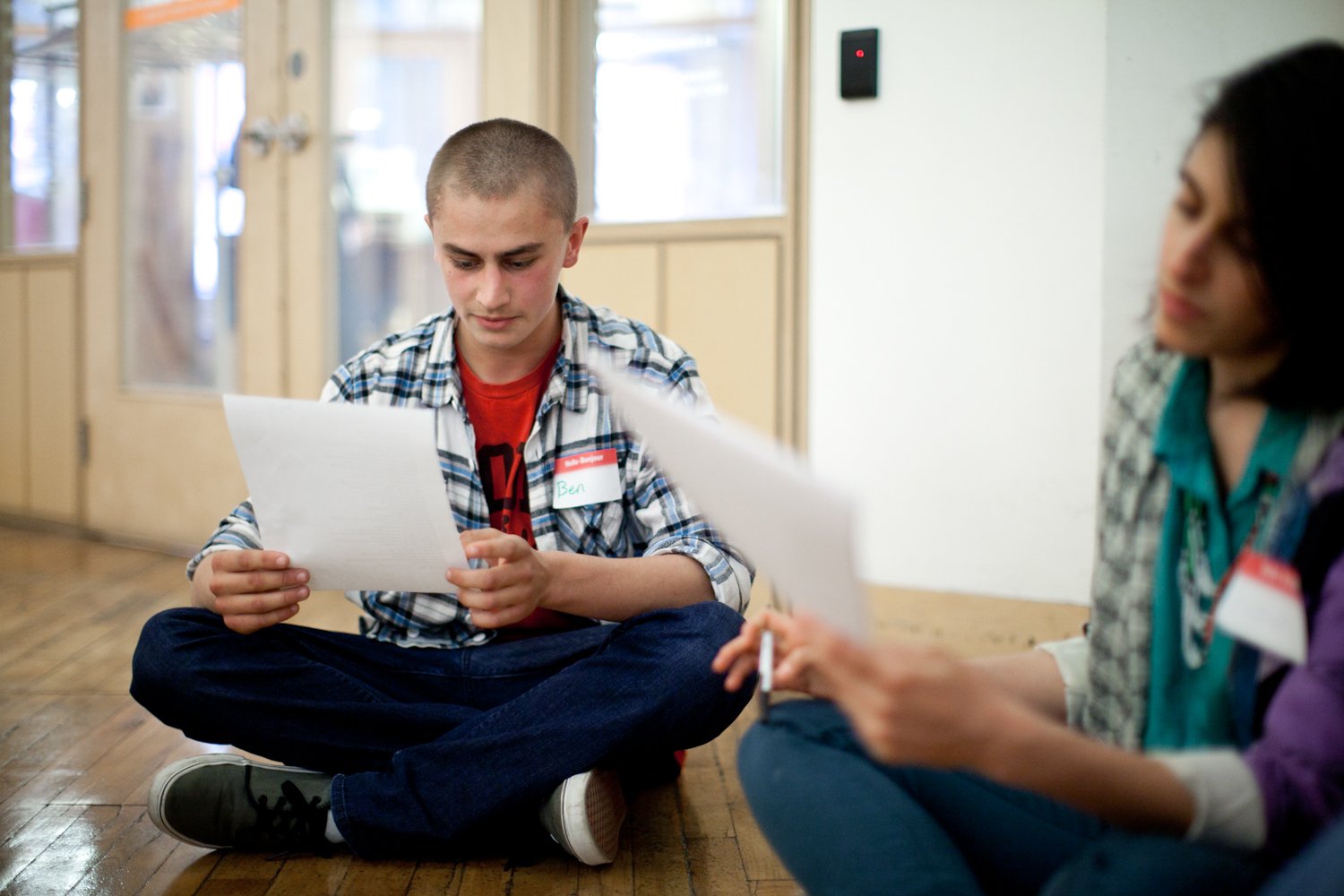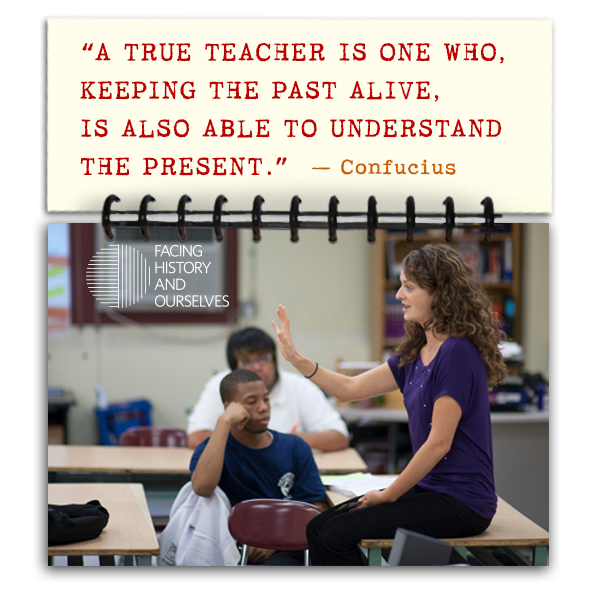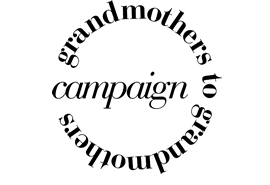Regent Park. This is where I teach. Originally, this east end Toronto neighbourhood was a planned garden community, with a mixture of mid rise and high rise rental apartments; originally, a place meant for parents to raise children. What has happened over 60 years in Regent Park is that it has become isolated, closed off from the surrounding city, a place where poor and new immigrants have made homes. The community has had its share of issues common to many big city neighbourhoods such as drugs, gangs and crime, but Regent Park is not a community made up of big city issues, it’s a community made up of diverse people!
Using Literature Circles to Deliver Culturally Responsive and Relevant Pedagogy in Urban Schools
Posted by Michael Grover on May 31, 2013
In “Culturally Relevant Pedagogy: Ingredients for Critical Teacher Reflection,” Tyronne Howard notes the importance of finding ways to address the growing heterogeneity of our students cultural needs to “construct pedagogical practices that have meaning to students’ social and cultural realities,” (195-6). Literature Circles are a model that I used, which I have found to be an effective tool for engaging students using differentiation. The diverse nature of my classroom, which is common for an urban school, makes it is difficult to find a single text that will engage each student in the classroom. Since those students who do not engage and read their texts are traditionally the least successful, it is important to try and find materials they will.
Topics: Urban Education, Night, Literature Circles, Lesson Ideas, English Classroom, Red Scarf Girl, Literature, English
Rethinking Teaching is Hard but Rewarding: Some Thoughts on Facing History's latest workshop
Posted by Jack Lipinsky on May 29, 2013
Being a teacher keeps me thinking and growing all the time. It seems that as I age, my skills must get ever nimbler even as my legs fail to keep pace. I find that I am spending more and more time reflecting on how to create lessons that have a lasting impact, which leaves me less time to prepare the actual lesson. To speed the process, I needed a rubric for reflection--and Facing History's wonderful workshop on Urban Education that took place on 27 May was the perfect prescription. I want to share the highlights with you!
Topics: Professional Development, Urban Education
After a year of learning about Genocide and Crimes Against Humanity, students gravitate towards complex and profound questions that are increasingly difficult to answer. In a setting that involves teaching at-risk youth, this type of engagement can be frustratingly elusive. The lesson (content wise) that I will share with you today is one that should not stand alone. This took place in class after having done 3 case studies, including Rwanda, and a unit on concepts of Justice and Memorial. I found that this lesson was very successful at engaging students of all stripes through particular stories of perpetrators to try to gain a better understanding of universal questions of guilt, responsibility, reconciliation, and justice.
Topics: Facing History Resources, History, Urban Education, Strategies, genocide, Genocide and Crimes Against Humanities Course, Lesson Ideas, big paper, CHG
Integrating "Culturally Responsive and Relevant Practice" and Facing History into the Classroom
Posted by Michael Grover on May 27, 2013
Culturally Responsive and Relevant Pedagogy [CRRP]
Topics: Urban Education, Culturally Responsive and Relevant Pedagogy, Deficit Thinking
I have worked at an alternative school in Scarborough (Toronto’s east end) with students that are 18-20 years of age for the past seven years. These students represent some of the most disengaged and difficult to reach students in Scarborough (if they were not, they would never arrive at my school). In that time I have come to learn: one, the term ‘Inner City Schools’ is an awkward designation given that in Toronto, at least, most of our ‘at-risk’ students are in the inner suburbs, not the inner city; and two, I have found no magic teaching strategy to solve the dilemma of reaching these students (if there was, I suppose, there would be no need for the on-going discussion and my school would not exist). Moreover, ‘Inner City School’ students are, like every other, a diverse group, and an approach that may work for one student may not work for another.
Topics: Urban Education, Strategies
It was a perfect evening. There was a palpable glow on the faces of my students. They were the faces of students who had been given something they didn’t know they had. The faces that say, “I did it…I delivered and I rocked!” The sense that they left the confines of their world and did something special…they accomplished something bigger than themselves. They shone as individuals. They lit up the room. While the Leafs and the Jays played, our students spoke. They spoke of the injustice, of hate, of isolation with the fresh eyes and raw passion that only youth can deliver.
Students from four schools speaking about things that touched them the most, issues that moved them. The "Stand Up, Speak Out" night put on by Facing History Toronto last month illustrated the power of youth and the spoken word. The night was a culmination of weeks of practice and mentoring by inspiring spoken word artists like Testament, Lishai Peel, and Shoolie. When they took to the stage and spoke their pieces, an auditorium of snapping fingers and applause rewarded them. Parents were proud, if not bewildered by the depth of their child’s thoughts and the weight of their words. Facing History’s “dynamic duo” Jasmine Wong and Leora Schaefer coordinated this event, its lead up, and the reception that followed. These two amazing educators created a seamless evening that left the audience inspired.
At the reception, our students met Nate Leipciger, a survivor of the Auschwitz concentration camp. When I told Ben, one of Waterdown’s student presenters that evening, he decided to introduce himself. Ben went over to pay his respects. When he returned from speaking with Mr. Leipciger, he couldn’t believe what he had told him. “That man survived the Holocaust and he said I inspired him,” Ben said.
When it was time to go, my students seemed to want to linger just a moment more. They were relieved and proud. They boarded the bus glowing and triumphant. The tests they will study for and the notes they take will pass into history. But this night will stay with them always. For what is education if not to give our young people a voice?
Find out more about the "Stand Up, Speak Out" project.
Bring it to your classroom: Five Facing History Resources That Use Poetry to Build Skills.
Topics: Facing History Resources, History
To all the true teachers who have taught us invaluable lessons and shaped us along the way, a special thanks to you. Happy Teacher Appreciation Week.
Topics: In the news
IWitness Archive Gives Voice to Holocaust Witnesses: Free Webinars and Student Contest
Facing History Offers IWitness Webinars for Teachers May 9 and May 14 2013
In May 2013, Facing History will offer two free webinars for educators on powerful ways to use the IWitness tool.
Topics: Events, History, Innovative Classrooms, Media Skills, Holocaust Education, Genocide and Crimes Against Humanities Course
When the grandmothers speak, the world will be healed. Hopi prophecy
Posted by Robert Flosman on April 29, 2013
Grandmothers of Steel
When my Grandmother spoke, I listened. She survived Nazis, Communists and grandchildren. Yet she always had time for making schnitzel. Grandmothers are special; we know this. The partnership our students have formed with a very special grandmother has been inspiring. Her name is Lisbie Rae and over the last 2 months she has made regular visits to our classroom. This energetic and inspiring woman is a part of the Grandmothers of Steel! This amazing group has partnered with the Stephen Lewis Foundation (SLF) and with TD Canada Trust, raising over $200, 000 in the last 4 years to help grandmothers in Africa. Grandmothers helping grandmothers! What makes this program such a great fit for a Facing History Classroom is that Grandmothers of Steel and TD has given our class $250 to spend as Lisbie calls it, “seed money.” Students brain storm fundraising ideas and are given what they need to buy supplies and then the profits are donated back, while returning the $250 for next year. This concept is known as Table Banking. Table banking is used in Rwanda to help grandmothers there raise their orphaned grandchildren. Rwanda is a central unit in teaching Genocide. What better way to connect students to the history than to fundraise for the survivors of Rwanda. Students are able to study the genocide and then help with the healing.
Topics: Choosing to Participate, Innovative Classrooms, Memorial

